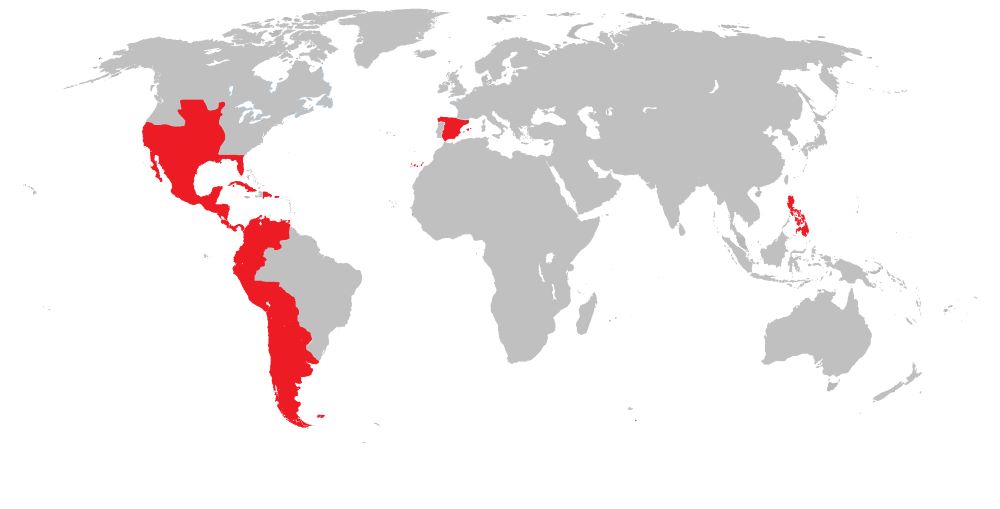A Most Romantic Sinking

From SRP author Tracy Cooper-Posey
Today, in 1912, and very close to midnight, the RMS Titanic grazed past the iceberg that would eventually sink her, nearly three hours later. Tomorrow will be the 112 anniversary of the sinking of the Titanic.
Most of us have a romanticized perception of the Titanic, thanks to the James Cameron movie. But the Titanic was romanticized long before Cameron told his version of the sinking. The size of the ship (the biggest ever Transatlantic ship made), the pedigree of the passengers, and the tragedy of losing the ship on its maiden voyage all contributed to making the Titanic legend even larger than the ship itself.
There are many equally poignant and interesting sinkings throughout history. Slightly less famous is the sinking of the Edmund Fitzgerald, which was immortalized by Canadian singer-songwriter Gordon Lightfoot, in “The Wreck of the Edmund Fitzgerald.” No one knows for sure what happened to make the ship sink.
I have dived over one of Western Australia’s many famous wrecks, The Batavia, which sank off the coast in 1629, and gave its name to that section of coastline.
Much closer in history, though, was the 1915 sinking of the HMS Lusitania (a sister ship to the Titanic), which was shelled by Germans and sank in 18 minutes, with a loss of 1,198 passengers. The Germans claimed at the time that it was a legitimate act of war as the ship was carrying weapons and materials of war. Recent research has established that this was actually the case, but at the time, the sinking was part of the Casus Belli that the US used to enter the Great War.
The USS Arizona was sunk during the bombing of Pearl Harbour in 1941, while the USS Indianapolis was sunk in 1945, shortly after delivering components of the atomic bombs used upon Japan.
The sinking of the German Wilhelm Gustloff in 1945 by a Soviet Navy submarine, with an estimated loss of about 9,400 people, remains the deadliest maritime disaster ever.
The oldest known wreck is the Dokos shipwreck which has been dated to the second Proto-Hellanic period, 2700–2200 BC. Nothing remains of it now but the clay pots it was carrying, which were discovered by archaeologists in 1979.

The Spanish Empire, from 1566 to 1790, ran a fleet of ships called the Spanish Treasure Fleet, which collected and carried mind-boggling wealth from its American possessions back to Spain.
Over the century and a bit that the fleet operated, there were numerous wrecks and lost ships, yet the fleet is considered to be one of the most efficient and effective transport systems in history.
Peter Benchley, in 1970, was assigned by National Geographic to research and write a story about Bermuda’s history via its shipwrecks. While he was researching, he met a salty old sailor who escorted him to the most famous wrecks around the islands.
That sailor, and his stories about sharks and wrecks, became the inspiration for Quint, when Peter Benchley wrote Jaws a few years later. (Played brilliantly by Robert Shaw in Steven Speilberg’s movie.)
Peter Benchley’s old salt escort also told him about three ships that were all wrecked right on top of each other, and Benchley actually dived over them. Benchley didn’t think anyone would believe that three ships would all settle in the same place, so when he wrote The Deep, he reduced it to two ships. And the older ship, buried beneath the WWII munitions ship and its deadly cargo, was one of the Spanish Treasure ships, that was the real treasure the honeymooning protagonists were looking for.
The 1977 movie, by the way, (currently on Netflix) is fabulous, and in one of life’s interesting twists, Robert Shaw also plays the salty old sailor who shows Jacqueline Bisset and Nick Nolte the way around the double wreck. [And that movie’s theme music is, for me, one of the most evocative pieces of music out there. John Barry, who wrote it, captured the exact sensations and mood of skin diving. The sway of currents, the low-key muffled sounds, the slow rise of bubbles, the swishing back and forth of seaweed on the floor of the ocean.]
There are a lot of shipwrecks, and even more ships that have simply gone missing.
Were you aware of any of these wrecks and sinkings?
Yet everyone knows the Titanic story.
What shipwrecks do you know about, that I haven’t listed here? Tell their story in comments.

Tracy Cooper-Posey
SRP Author





Leave A Comment